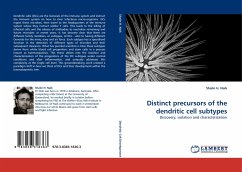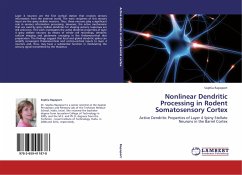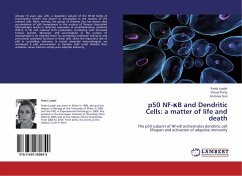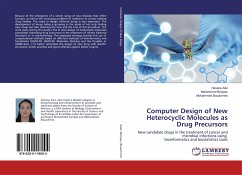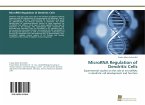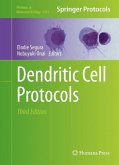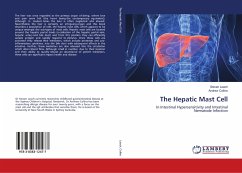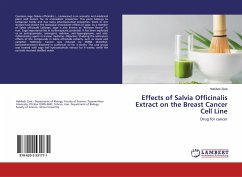Dendritic cells (DCs) are the Generals of the immune system and instruct the immune system on how to clear infectious micro-organims. DCs ingest these microbes, then travel to the headquarters of the immune system where they instruct soldier T cells. This leads to the killing of infected cells and the release of antibodies to neutralize remaining and future microbes. In recent years, it has become clear that there are different family members, or subtypes, of DCs - akin to having different Generals for the army, navy and air force. Each subtype has a specialized function in the detection of different types of microbes and their subsequent clearance. What has puzzled scientists is how these subtypes derive from white blood cell progenitors and stem cells in a process known as haematopoiesis. This thesis delves into the isolation and characterization of the progenitors of the DC subtypes under normal conditions and after inflammation, and uniquely addresses this complexity at the single cell level. This groundbreaking work created a paradigm shift in how we think of DCs and their development within the haematopoietic tree.
Bitte wählen Sie Ihr Anliegen aus.
Rechnungen
Retourenschein anfordern
Bestellstatus
Storno

